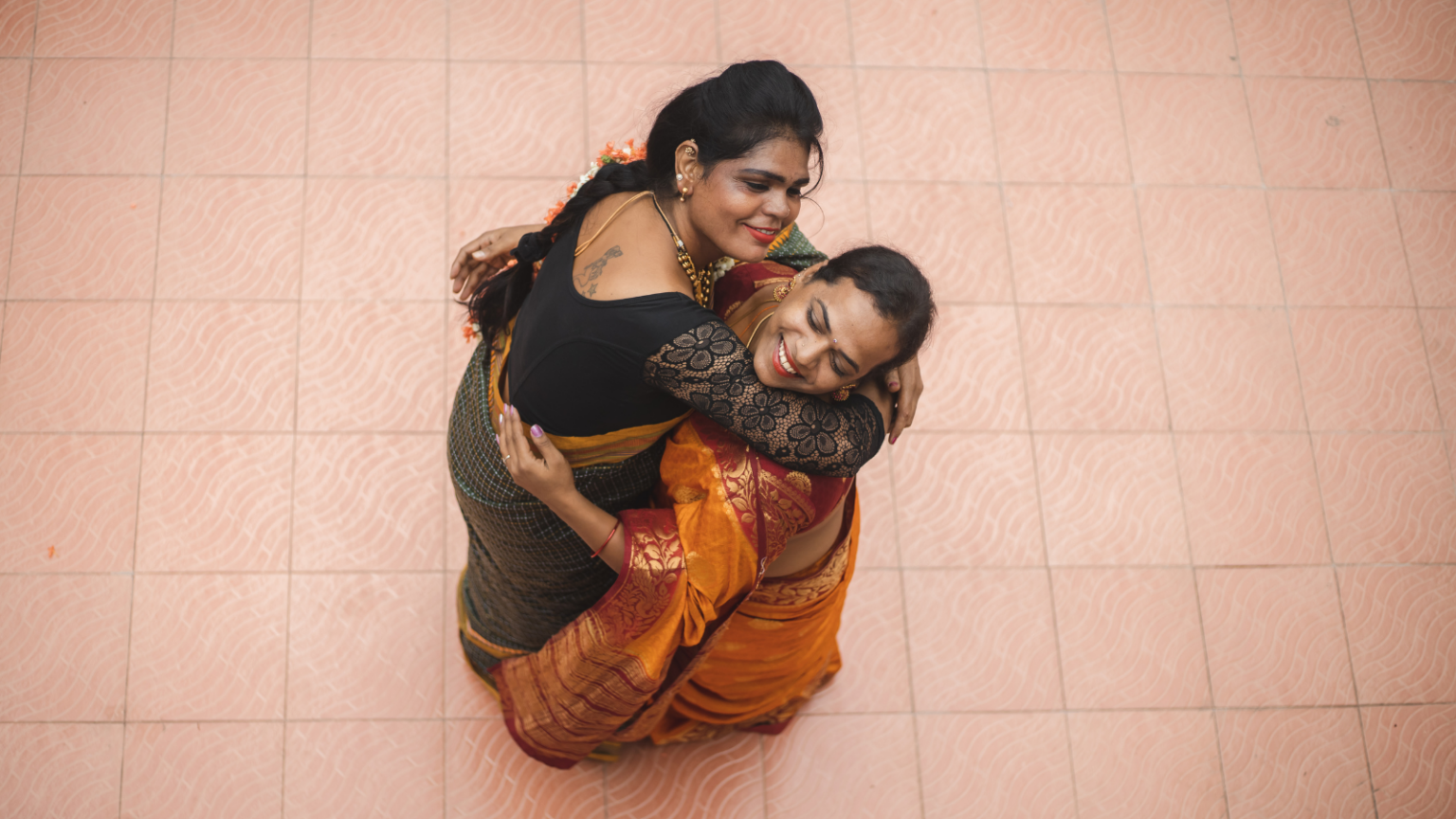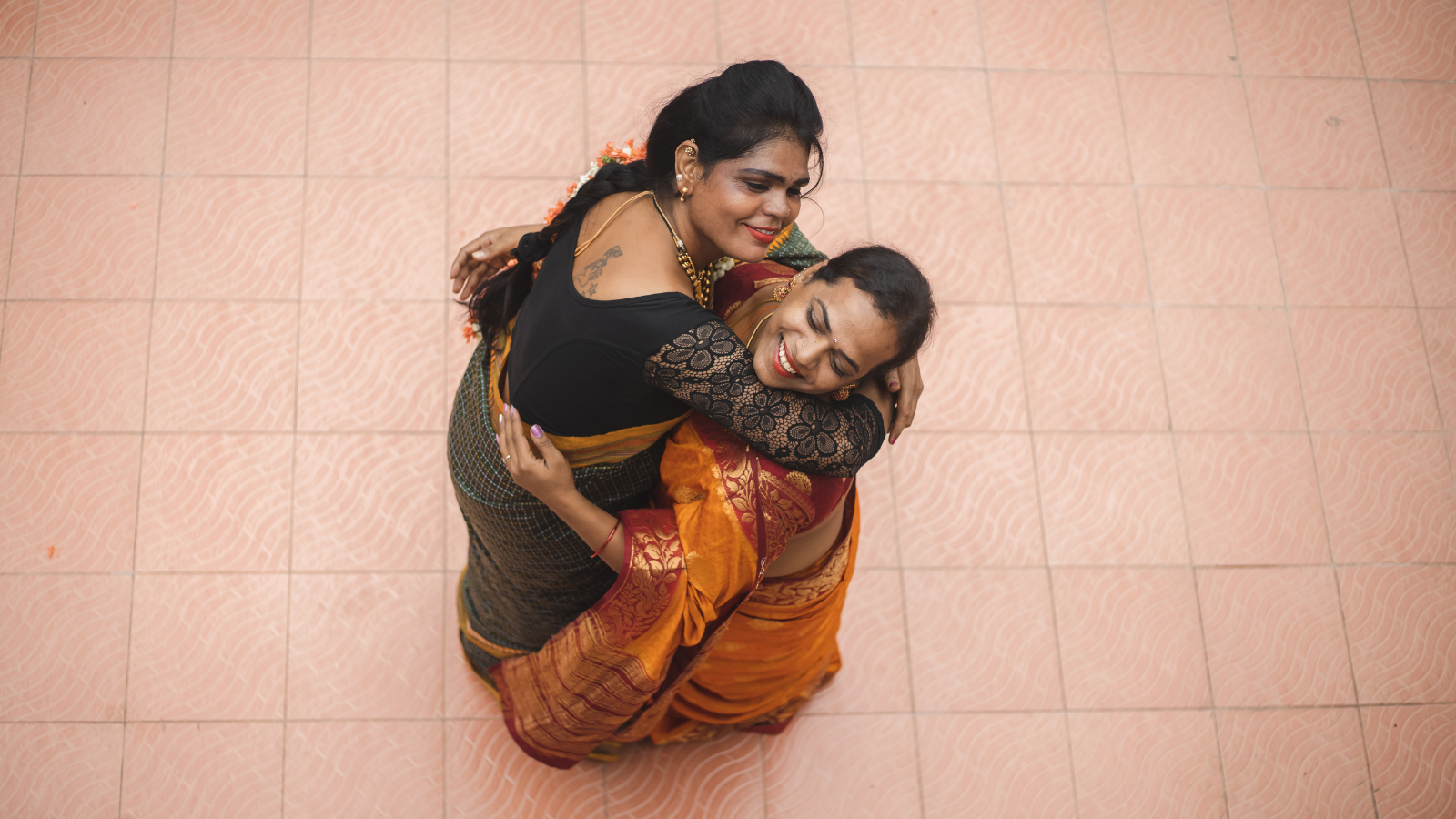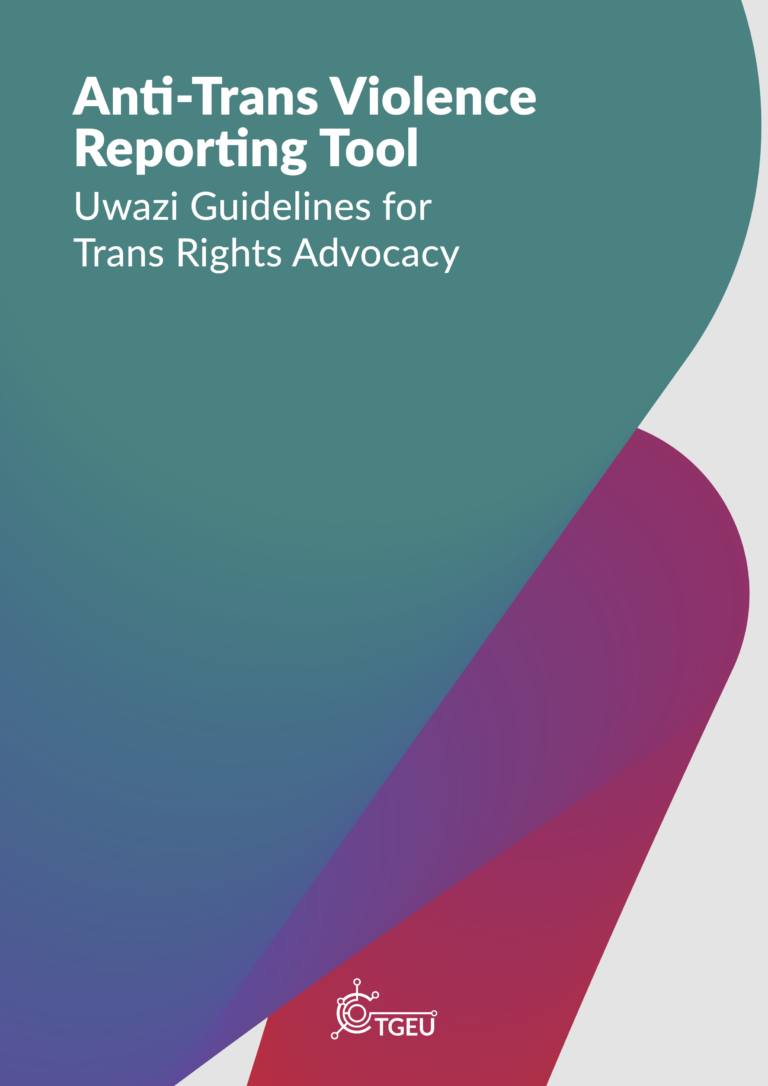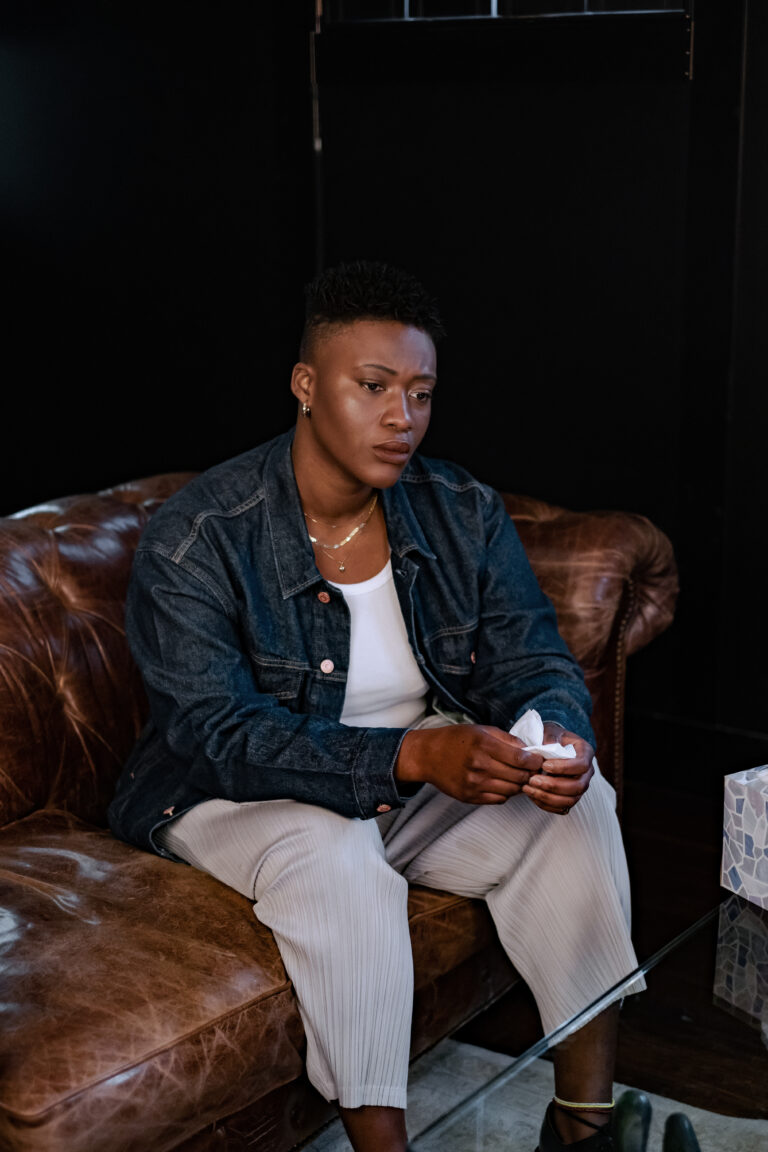Protection from violence and hate

Gender-based violence against women is well-documented. Yet, when it comes to trans people, there is far less research and understanding.
Sometimes trans people are targeted due to their trans identity. This type of violence can often be considered a hate crime, and warrant certain protections.
How do violence and hate crimes affect trans people?
Studies, such as the Fundamental Rights Association (FRA) LGBTIQ survey, continue to show that trans, non-binary, and gender-diverse people face high rates of violence. This can range from verbal attacks to physical or sexual assault, or even murder.
In countries where homosexuality or trans identities are criminalised, violence or hate is often more prevalent. Further, when people’s identities are criminalised, access to protection or justice is often limited. This also means that many cases of violence or murder are never reported. Or the victim’s trans identity is not public knowledge. All of this leads to underreporting.
What does TGEU do?
Since 2009, TGEU has tracked murders of trans and gender-diverse people globally through the Trans Murder Monitoring project. We track these murders to pay homage to our lost siblings. We also use this data to understand how anti-trans violence affects our community. From this, we advocate for stronger protections and measures that would help reduce the number of trans people murdered.
We work with local organisations in Europe and Central Asia to advocate for stronger protections. In particular, we are working to have both gender identity and gender expression legally protected as bias motivation.
Main information
Press
see more articlesOrganisations Worldwide Urge the UN To Renew Its SOGI Expert Mandate
read more27 States Tell the UN To Protect Trans Women: Trans Advocacy Week 2021
read moreMore Than 2,000 Trans People Killed in the Last 8 Years: Trans Murder Monitoring Update 2016
read moreHow Many Trans People Need to Die For Europe to Take Action?
read more265 Killings of Trans People in Last Year: Trans Murder Monitoring Project
read moreResearch
see more articlesSupporting Those Who Speak Up for Trans Rights: Safety and Security Toolkits
read moreAnti-trans Violence Reporting Tool: Uwazi Guidelines for Trans Rights Advocacy
read moreWe Must Do More To Protect the Lives of Trans People: Trans Day of Remembrance 2021
read moreTGEU Launches New Report on Violence Against Trans People in CEECA
read moreInternational Women’s Day 2018: Robust Action Needed To Stop Violence Against Trans People
read moreLegal Actions
see more articlesTrans Day of Remembrance 2023 Joint Statement: We Mourn and Call to End the Violence
read moreTGEU Welcomes Victims’ Rights Directive Revisions and Calls for It To Be Strengthened
read moreAction Needed: Report Violence & Discrimination Against Trans People in and From Ukraine
read moreSolidarity With Ukraine After One Year of Russia’s Invasion
read moreJoint Statement TDoR 2022: Mourning, Caring, Mobilising
read moreTGEU and ESWA Urge States to Decriminalise Sex Work
read more








